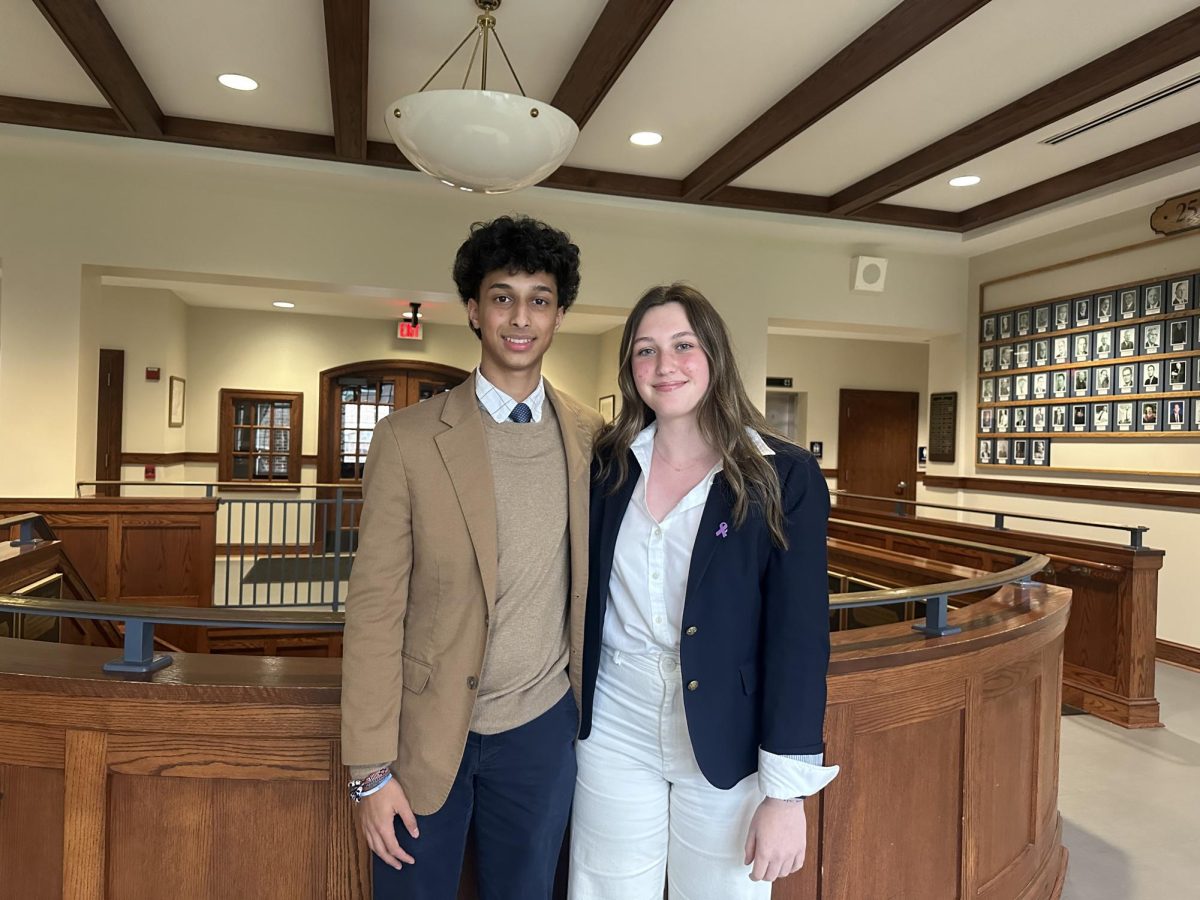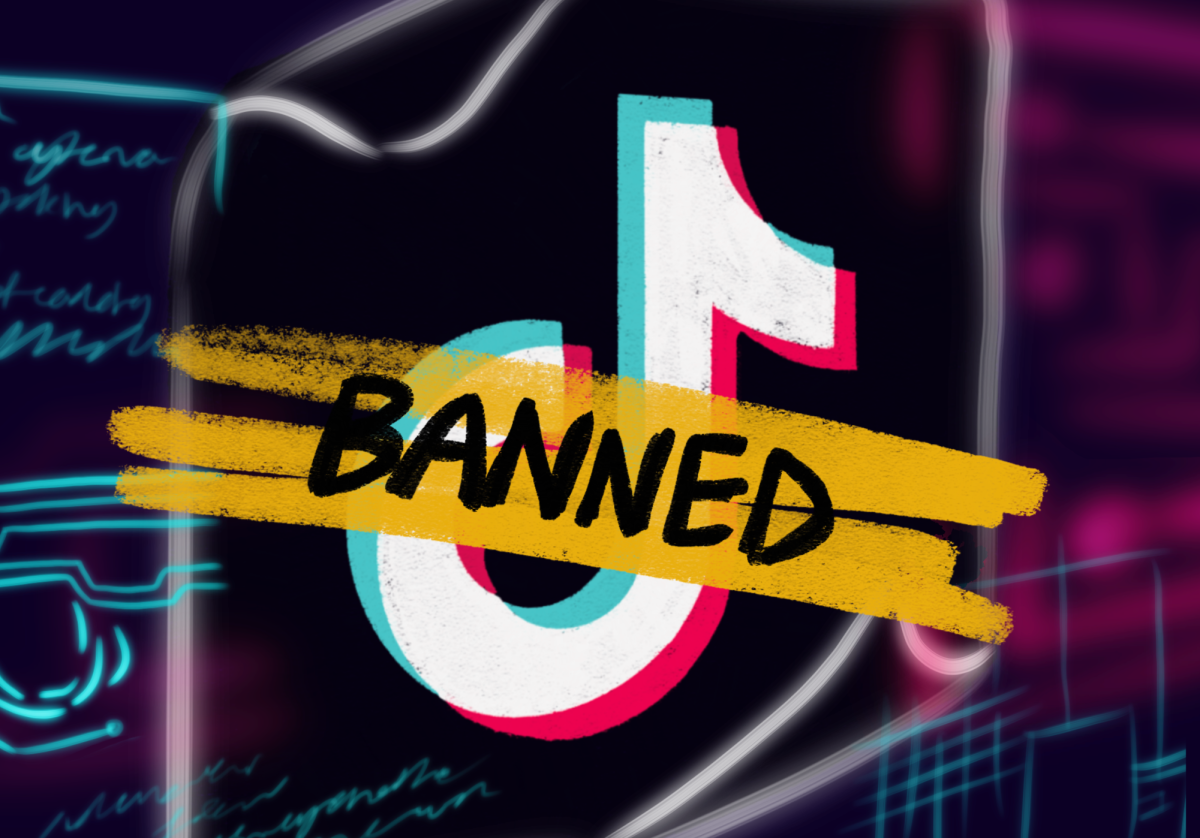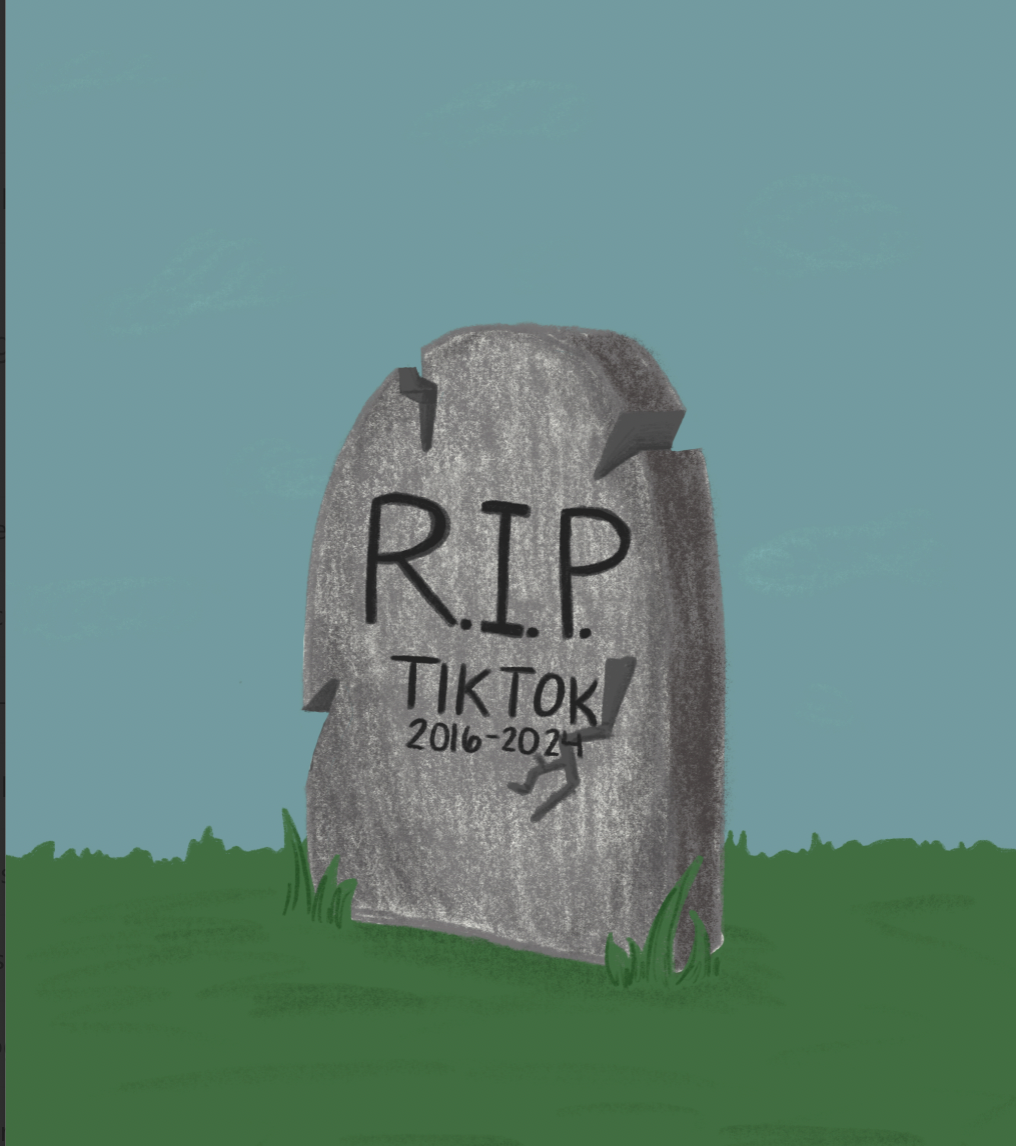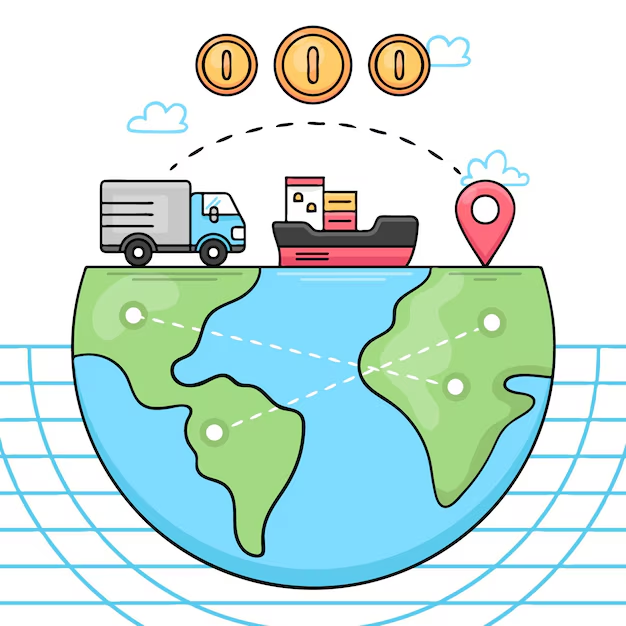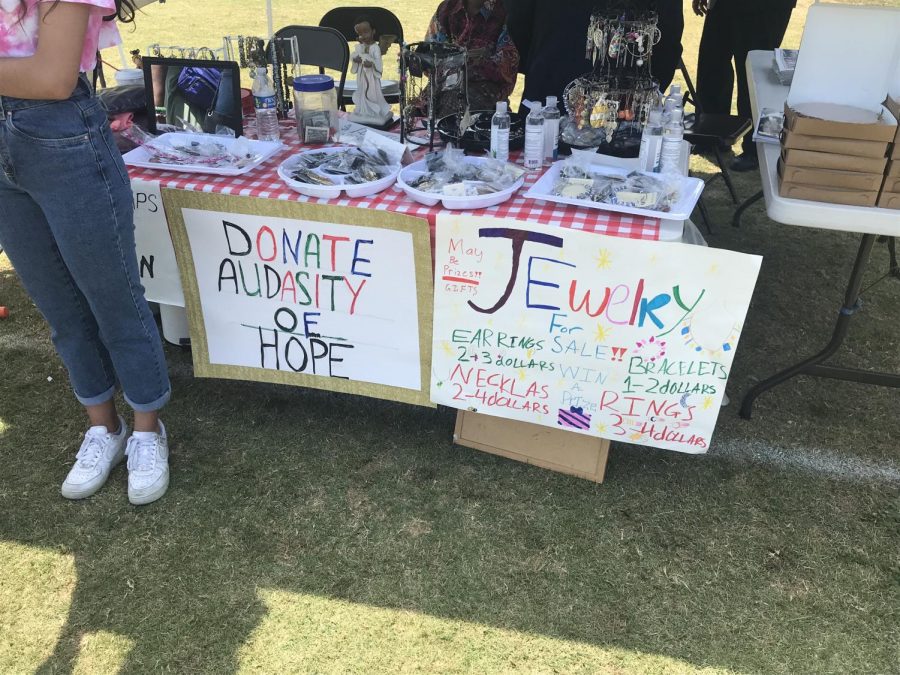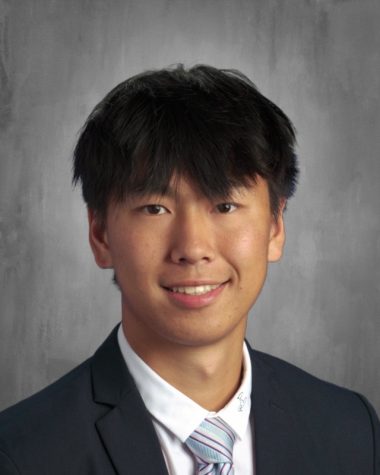Juneteenth: California locals share what it really means to them and their community
On June 19, flocks of people eagerly shuffled into Centennial Regional Park, located in Santa Ana, Calif., as music blared from the speakers. The Orange County Heritage Council hosted a Juneteenth celebration rally for the locals, and spirits were high. The joyful celebration continued through the blazing California heat.
Juneteenth, now a federal holiday celebrating the emancipation of slaves in Texas, is gaining a lot of recognition in local communities. At Centennial Regional Park, Black-owned businesses, along with other volunteers, came out to set up music, food, and vendors for their neighbors. Community members put up tents and gathered around to celebrate.
Apart from the official explanation for celebrating Juneteenth, local community members shared what Juneteenth really means to them.
“For me, Juneteenth is like a Black pride day,” 17-year-old Blake Dreher said while setting up his tent for the rally. “It’s the day for a lot of us African Americans to be together. We talk about things that’s going on, we eat, and we laugh together.”
Aside from Dreher, other community members had a lot to say.
Jordan Clark, the third vice president of the National Council of Negro Women, mentioned that a holiday like Juneteenth is just the “bare minimum” for the government to support people of color. “It is a symbol of the lack of knowledge that was brought to Black people and other people of color,” Clark added.
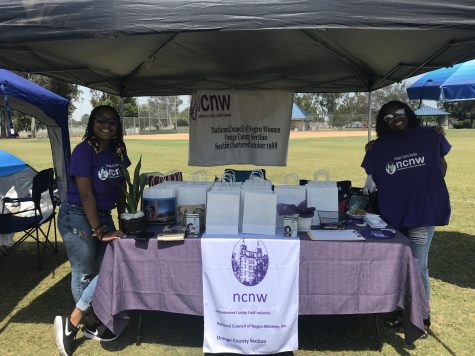
Besides the locals, others like Sarah Bolasevich , a white woman who became an education entrepreneur in China, shared her feelings toward Juneteenth. Bolasevich noted that she didn’t really know about Juneteenth until BLM and movements that arose two years ago when friends and educators shared stories.
“To me, it’s a reminder that there are so many silenced stories, silenced heroes, and a real history missing from our lives,” Bolasevich said. “As someone who cares about justice and marginalized communities, it is my job to educate myself, to listen, to spread awareness, to step down when necessary, and to be a true ally.”
Bolasevich said that she has had a great education her entire life. However, she only heard of Juneteenth in passing in religion ethics and politics at Harvard divinity school, but it was not discussed. “This is actually quite common amongst 30-plus-year-olds that had this conversation left out of our high school and college curriculums and especially left out of social norms practices,” she concluded.
Dreher shared similar views with Bolasevich, as he said that there are so many things about Black history that were not taught in school, and a lot of it has been “watered down” to make it “kid-appropriate.”
“Whatever they want the kids to believe, that’s what they pretty much teach in the school,” Dreher said.
Many feel like simply making Juneteenth a federal holiday will not make a difference in today’s society. Clark and the NCNW believe that putting in efforts in educating people will have a greater effect. They dedicated themselves to educating other organizations, stringing lines, and providing professional and personal developments in communities. Clark said that it is not up to “your one Black friend, or a teacher’s job to teach you the whole entire culture. It has to be self-growth and awareness.”
“How people can be civically engaged is to participate in those conversations with their friends and families, because their stigmas and their biases is what they teach you, and what you accept. It is important for people to read books, to watch YouTube videos, listen to TED talks, to engage in podcasts,” Clark suggested. She also shared that education and discourse alongside policy change can contribute to the well-being of people of color.
Bolasevich also talked of her journey in educating herself about the missing piece of history. These past years she has picked up around 100 books she might have “never picked up otherwise,” had countless conversations she “would not have had,” and most importantly, listened to stories, perspectives and voices that she had not “encountered or had been inadvertently ignoring.”
“As a teacher, I hope education can help address these issues. People can start addressing issues by examining themselves first and realize biases and stereotypes are often unconscious, and that we have been ‘programmed’ to think and act in certain ways towards certain people,” Bolasevich added. “I hope more research leading to public knowledge and open dialogue can start to reveal the infinite systematic racist policies and institutions in place. There are still many people unaware or unwilling to care.”
Despite the many complexities and nuances of the holiday, Juneteenth remains a symbol of unity and support for local community members. In honor of the Juneteenth federal holiday, people are stepping up to spread awareness and wishing for a better tomorrow.



